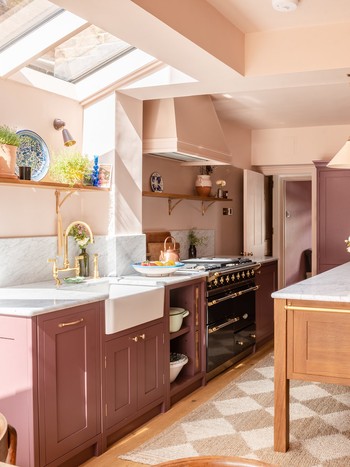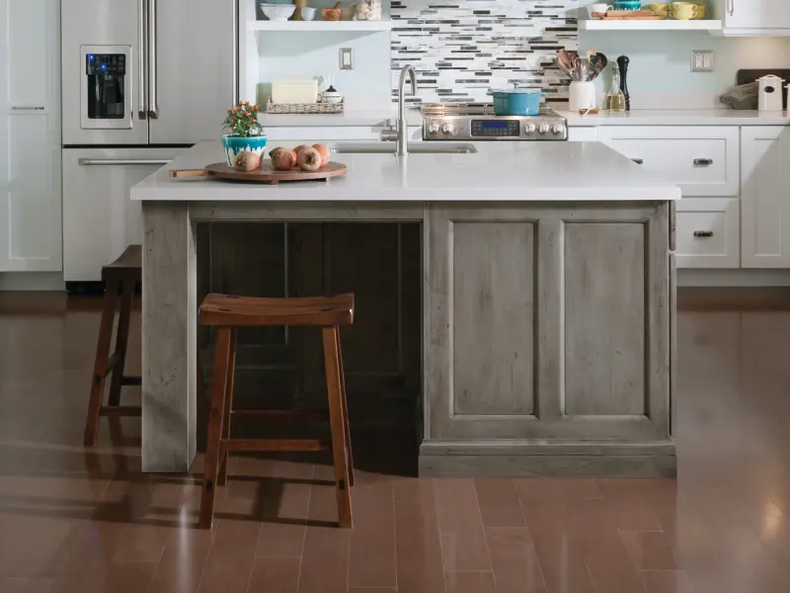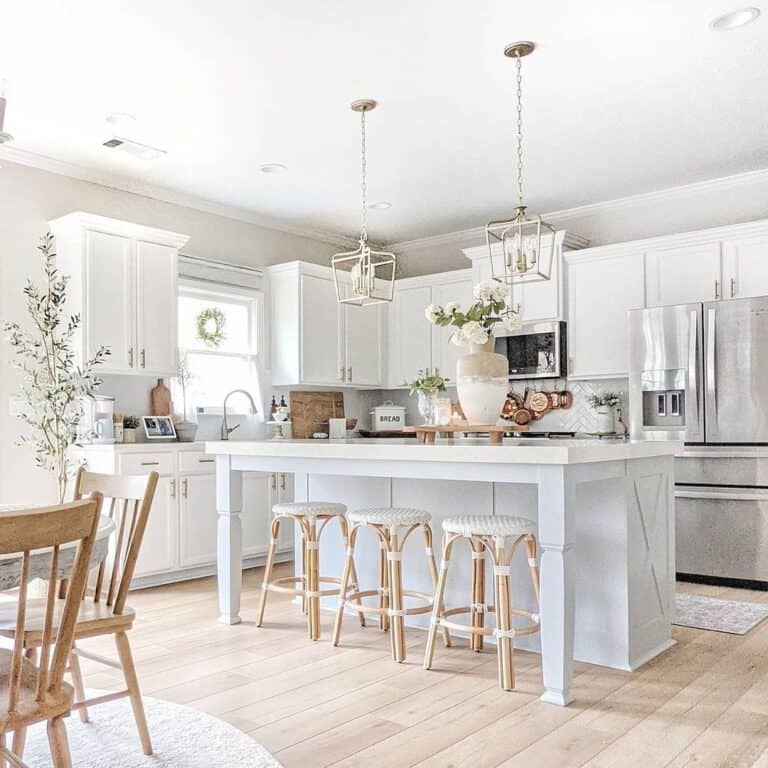Create a Magnificent Centerpiece with Classy Legs For Kitchen Island
Create a Magnificent Centerpiece with Classy Legs For Kitchen Island
Blog Article
Vital Factors to Take Into Consideration When Choosing Legs For Kitchen Area Island
Picking the proper legs for a kitchen island includes a mindful analysis of multiple factors that can substantially influence both capability and visual allure. As we explore these elements, it ends up being clear that each decision can have significant ramifications for the overall kitchen area experience.
Material Options
When selecting legs for a cooking area island, comprehending the various product options is important for accomplishing both aesthetic appeal and architectural honesty (Legs For Kitchen Island). The option of product dramatically affects not just the resilience of the island but also its total layout and performance
Steel legs, usually made from stainless steel or wrought iron, contribute a commercial and contemporary feel while ensuring durability and security. These materials are immune to use and can support significant weight, making them suitable for larger islands.
Another option is crafted materials, like MDF or plywood, which can be more cost-efficient while still offering a variety of surfaces. However, they might not provide the exact same degree of stability as solid timber or metal. Products such as acrylic or glass can produce a modern appearance, though they might call for added assistance to guarantee stability.
Ultimately, the option of material for cooking area island legs must straighten with the desired functionality and the total theme of the kitchen area.
Design And Style

When considering design, the form and surface of the legs are crucial. Conical legs can supply a feeling of agility and elegance, while thicker, extra durable legs can communicate toughness and stability. Furthermore, the coating-- be it painted, discolored, or natural-- ought to match the kitchen cabinetry and counter top products to develop a unified look.
Moreover, the design of the legs can likewise mirror personal preference. Custom-made or decorative legs, such as those including complex makings or special geometric forms, can work as prime focus, including character and individuality to the kitchen. Eventually, the right selection will not just enhance performance but also raise the aesthetic charm, making the cooking area island a standout function of the home.
Elevation Considerations
Selecting the ideal height for kitchen area island legs is important, as it straight affects both functionality and comfort. The conventional height for a cooking area island normally ranges from 36 to 42 inches, straightening with typical kitchen counter elevations. A 36-inch elevation is excellent for food preparation and cooking, permitting comfy use of cooking area home appliances and devices. Alternatively, an elevation of 42 inches is commonly preferred for islands meant for bar seating, suiting taller stools and providing a casual eating experience.

It is also crucial to represent customers' heights and preferences. Customizing the elevation can make sure a comfortable experience for all household members, making the kitchen island a more useful and satisfying space.
Weight Support
Making certain appropriate weight assistance for kitchen area island legs is important for both safety and security and functionality. The kitchen area island frequently offers several objectives, including cooking, eating, and extra storage space, demanding a robust support framework. When selecting legs, it is vital to consider the overall weight capability called for based on the island's planned usage and the materials that will certainly be positioned on it.
The option of material for the legs plays a substantial function in their weight-bearing capabilities. Solid timber, steel, and sturdy composites usually offer remarkable stamina contrasted to lighter materials. this post Additionally, the layout of the legs-- whether they are directly, tapered, or have a pedestal form-- can affect their ability to disperse weight efficiently throughout the framework.
Moreover, the leg positioning need to be tactically planned to enhance security. Legs placed at the corners or with a broader base can much better support heavier lots. Constantly get in touch with the supplier's requirements regarding lots limits to make certain that the legs can sustain the desired weight without endangering security. In summary, choosing kitchen area island legs with sufficient weight assistance is necessary for creating a functional and safe culinary space.
Installation and Maintenance
Appropriate installation and upkeep of cooking area island i thought about this legs are important for making certain long life and stability. This frequently involves protecting the legs to the island base using proper fasteners, making sure that the legs are degree and lined up.
When set up, routine upkeep is needed to preserve the honesty and appearance of the legs - Legs For Kitchen Island. For wooden legs, regular cleaning with a wet towel and application of ideal timber polish can prevent wetness damage and maintain their surface. Metal legs might need a gentle cleaning remedy to get rid of grease and grime, followed by a dry towel to avoid corrosion development
Furthermore, check the legs regularly for indicators of wear or damages, such as splits or loosened joints. Tightening up screws or bolts as required can additionally extend the life expectancy of the legs. By adhering to these installation and upkeep practices, home owners can ensure that their cooking area island stays sturdy and visually appealing for years to find.
Conclusion

Visual comprehensibility is extremely important in selecting the style and style of legs for a cooking area island, as these components significantly influence the general ambiance of the room. Conical legs can provide a feeling of lightness and style, find out here while thicker, a lot more robust legs can convey strength and stability.Selecting the suitable elevation for kitchen island legs is essential, as it directly influences both capability and comfort. In recap, picking kitchen island legs with appropriate weight assistance is vital for creating a useful and safe culinary area.
In conclusion, picking legs for a cooking area island requires cautious factor to consider of numerous factors, consisting of material choices, style, elevation, weight assistance, and setup.
Report this page